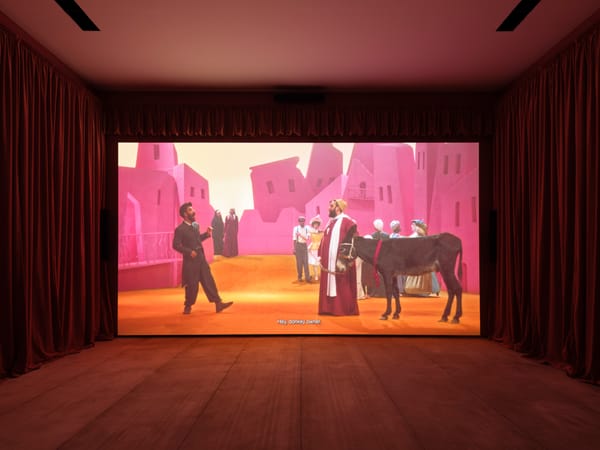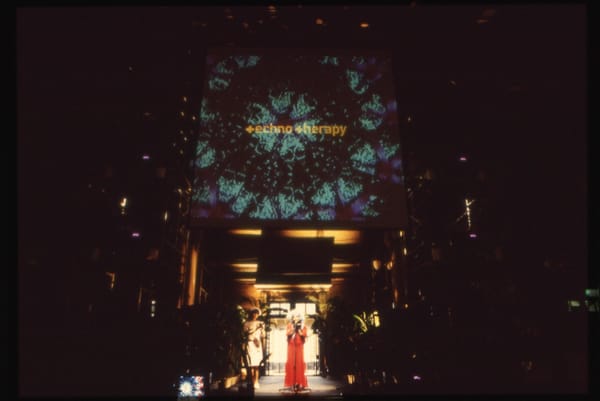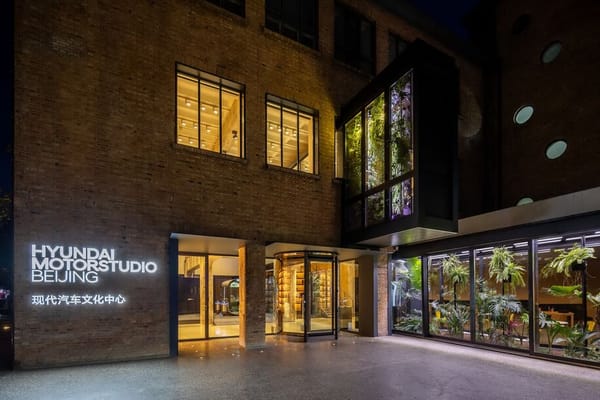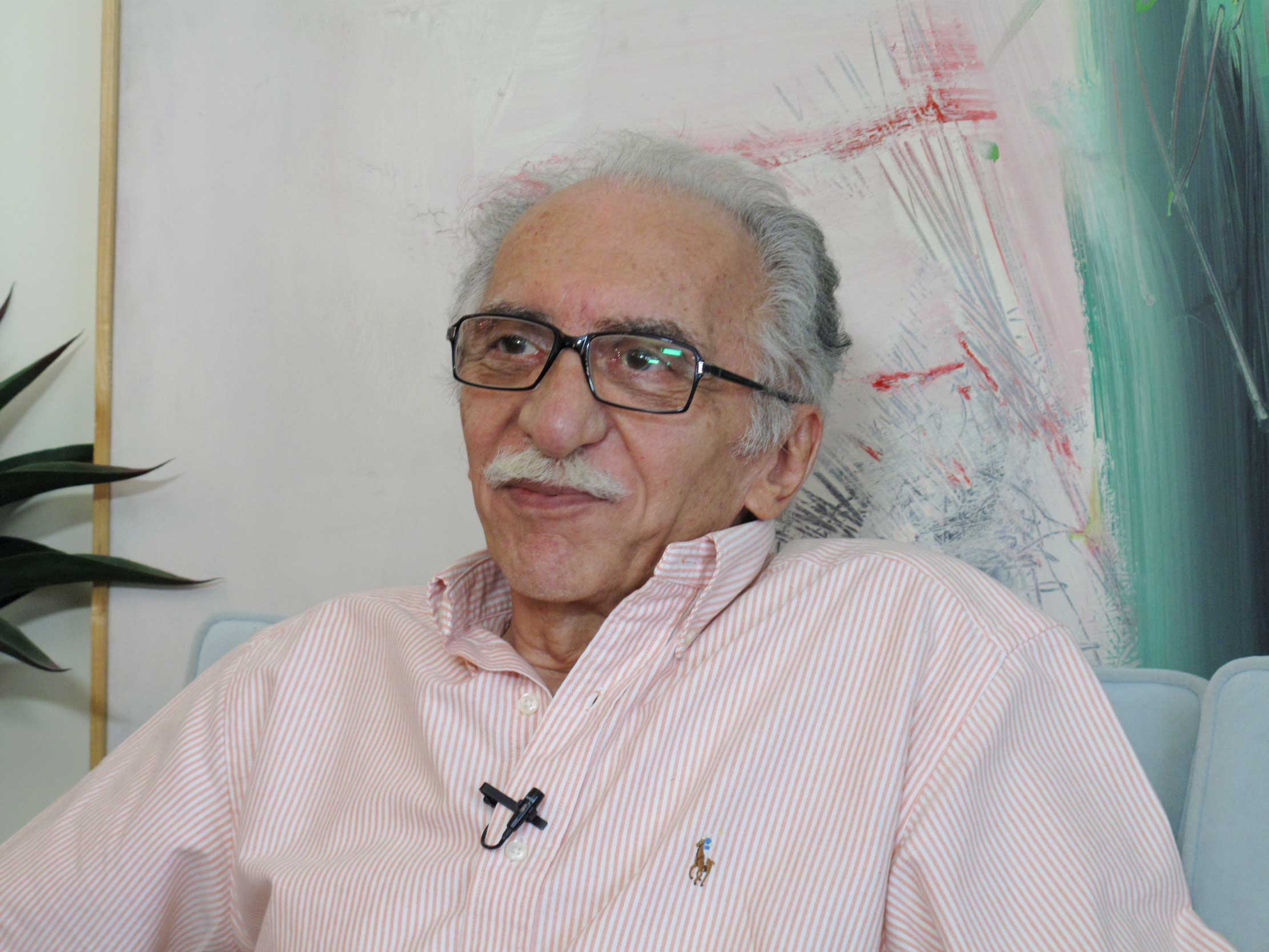Ideas
John Baldessari’s “Your Name in Lights”


John Baldessari doesn’t need 15 seconds of fame, but he grabbed it anyway. The legendary 79-year-old American conceptual artist’s name was the first displayed on his 30-meter-long electronic billboard installation, Your Name in Lights, which premiered this weekend on the side of Sydney’s Australian Museum, the 23rd Kaldor Public Art Project to come to Australia.
Taking Warhol’s famous 1968 maxim that in the future everyone will be world-famous for 15 minutes and reducing it to 15 seconds, Your Name in Lights is the bastard child of the 20th-century’s cult of celebrity, with doses of Vegas glamor, Broadway hoopla and techno-disco lighting. It will run continuously during the festival’s three weeks. Sydneysiders who have registered (for free) will be fast-tracked to momentary celebrity, their names emblazoned and sparkling, although come Sunday afternoon only 70,000 of the anticipated 100,000 had signed up. But then again, January in Australia is the height of summer.
Comedian Barry Humphries’ name was second, followed by a succession of Australia’s ultra-rich. While the general public seemed underwhelmed by the spectacle, the VIP champagne crowd scurried up William Street to the viewing platform. Baldessari, a tall, biblical figure—his face haloed with lank white hair and beard—loped along the street, head and shoulders above the diminutive John Kaldor and his wife Naomi Milgrom, who with $630 million plus in the bank is listed as one of Australia’s richest women. Barry Humphries, hung around, stooped as ever in a far-too-tight white jacket and pink trousers, his dark hair slicked and shiny à la Hollywood.
Sunday’s sold-out artist talk at the Opera House was glamour minus, however. “You are the father of conceptual art?” journalist Caroline Baum probed. “Yes,” he replied, “I slept around quite a bit.” It set a jovial tone but Baldessari is essentially a private person, so we didn’t learn a great deal. “Your Name in Lights is an ironic poke at the idea of celebrity . . . which is like a disease,” he said. And with that we all went home, healthy, to our collective anonymity.







